Harsh weather, months without rain and scarce irrigation water have caused tea plants in some areas of Thai Nguyen province to dry out and die, unable to recover. In areas where tea plants have their own irrigation water sources, farmers follow proper care techniques, but productivity and output have also decreased compared to previous years.
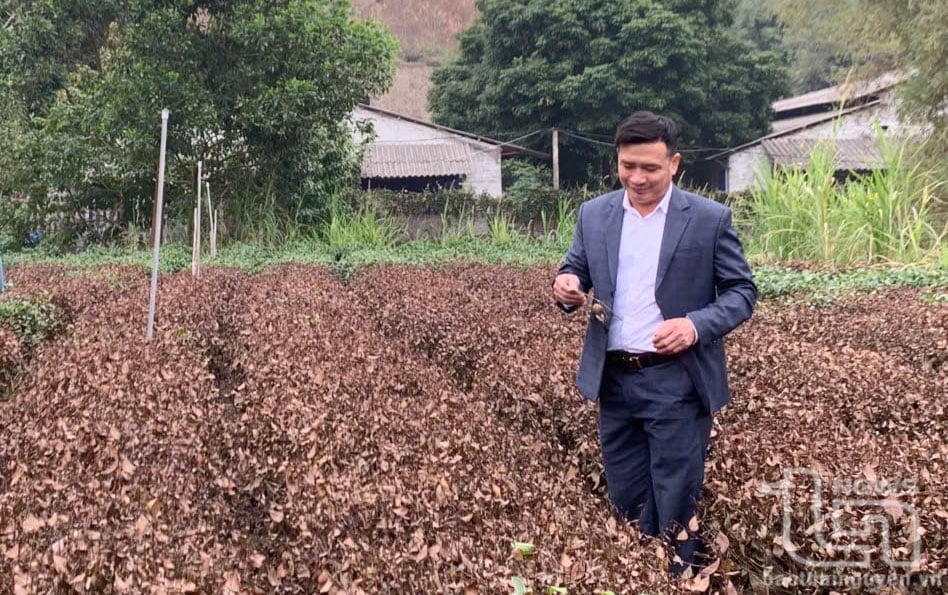 |
| A tea garden in Cau Gang hamlet, Van Yen commune, Dai Tu, dried up due to lack of water. |
Walking along the Cai stream in Van Yen commune (Dai Tu), it was not difficult for us to see tea fields that were completely dead or scorched. Mrs. Nguyen Thi Tan, Cau Gang hamlet, lamented: I have watered many times but it was not enough, my family planted 2 sao of tea and more than half of it died. This year there was such a drought, I have never seen tea die like this.
It is known that Van Yen commune has more than 130 hectares of tea land. This is the main crop, bringing the main source of income for more than 50% of households in the whole commune. In recent years, Van Yen has focused on many solutions to improve the quality of tea plants, especially mobilizing people to join together to establish cooperatives, cooperative groups, and cultivate tea according to VietGAP standards towards organic farming. However, this year, the harsh weather has caused the productivity and output of tea in the area to decrease sharply, causing many farmers to lose their crops.
According to preliminary statistics, Van Yen has about 1.5 hectares of tea that have completely dried up or burned sporadically in Nui, Giua 1 and Bau hamlets. According to Mr. Vu Van Thu, Chairman of the Commune Farmers' Association: These tea gardens are originally sandy soil, located along Cai stream, with fertile soil above and lots of rocks below. If the rainy weather is favorable like in previous years, the tea will be very good, but with prolonged drought like this year, the tea plants will have a hard time coping.
According to Mr. Vu Van Cau, Head of Cau Gang Hamlet, the dead tea area is concentrated in households that are not specialized in tea growing, still cultivating completely according to traditional methods such as spraying pesticides, fertilizing inorganic fertilizers directly on the tea roots...
Faced with this situation, the Commune Farmers' Association coordinated with agricultural extension officers to review and guide households to continue spraying water, supplementing nutrients for plants, and waiting for favorable weather to replant tea...
The last months of 2024 and the beginning of 2025 were difficult times for tea growers due to the impact of storm No. 3 and the long period without rain. In the context of harsh weather, many families, especially cooperatives specializing in tea development, taking care of tea according to VietGAP and organic standards, have made efforts to adapt by proactively sourcing irrigation water, enhancing the nutritional regime for plants with fertilizers and microbiological preparations... Thanks to that, the tea area is still maintained and developed, but the productivity and output are much lower than in previous years.
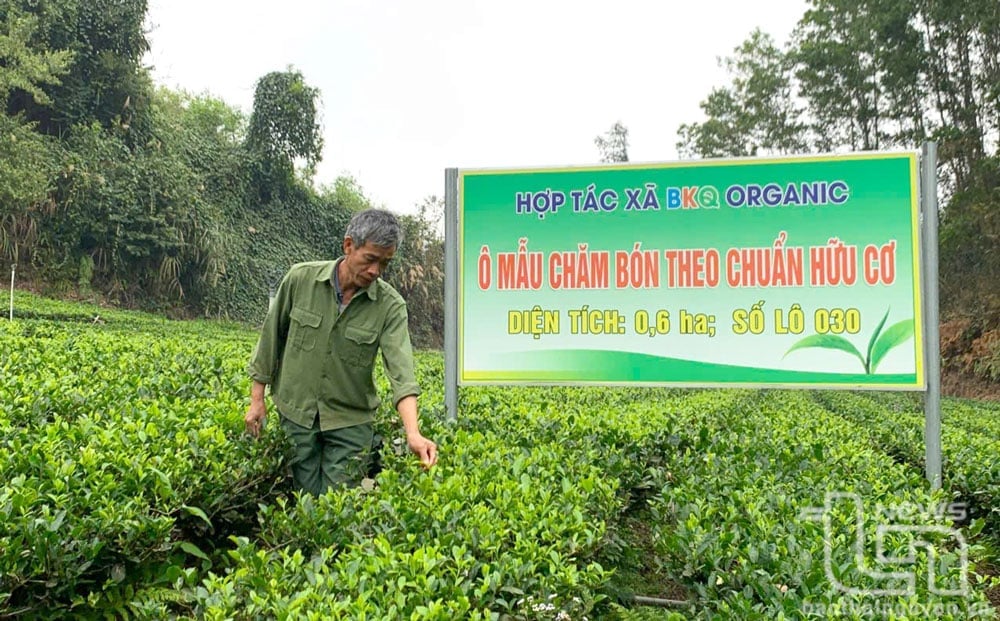 |
| Thanks to proactive irrigation water sources, regular moisture retention and organic microbial fertilizer application, Mr. Nguyen Xuan Khu's tea garden (Khe Mo commune, Dong Hy) is still growing, although productivity has decreased by 40% compared to last year. |
Mr. Hoang Van Tuan, Director of Phu Do Safe Tea Cooperative (Phu Luong), informed: The cooperative is producing on an area of 15 hectares, because the tea is regularly sprayed with water and fertilized with organic fertilizer made from biochar, manure, and agricultural by-products, so it is still developing. However, every year at this time, spring tea is good, the LPD1 hybrid tea variety has thick buds, and the yield is even higher than the main crop. But this year, the tea grows slowly, the bud density is sparse, and the yield has decreased by 60-70%. Particularly with the family's 7,000m2 area, it has decreased by 250-300kg of fresh raw tea. However, the more difficult it is, the more I have to find a way to overcome it because I have chosen to stick with tea trees, Mr. Tuan shared.
At Thuy Thuat Tea Cooperative in Phuc Triu Commune (Thai Nguyen City), the tea hills were fertilized and cut down before Tet but are still in the same shape as when they were cut down. Ms. Pham Thi Thuy, Director of the Cooperative, said: If there is rain in the coming time, the tea will be harvested early, but according to my prediction, the yield will also decrease by more than 50% compared to last year.
Thai Nguyen has 260 thousand farmer members, of which more than 91,000 households grow and process tea. In 2024, the province has developed a raw material production area of 22,200 hectares; fresh tea bud output reached over 270 thousand tons/year. In reality, we found that tea that died or was underdeveloped was mainly hybrid tea, tea grown on sandy and rocky soil; there was no proactive water source but mainly relied on rainwater, rivers and streams; tea was not invested in and cared for according to the standards and techniques recommended by professional agencies...
Agricultural production in general, and tea production in particular, cannot avoid the strong impact of the weather. What farmers can do is to change their farming habits, increase biological measures; apply scientific and technical advances in a direction suitable to the characteristics and natural conditions, balance the crop ecosystem; create suitable shade areas for tea plants, help regulate humidity and negative impacts from the external environment...
In order for tea plants to adapt to prolonged drought, many farmers also petitioned for the State to support the construction of water dams or industrial wells, support the installation of irrigation systems and provide a guaranteed power source to have more conditions to take care of tea...
Source: https://baothainguyen.vn/kinh-te/202502/thoi-weather-khac-nghiet-nguoi-trong-che-gap-kho-ef30e6f/




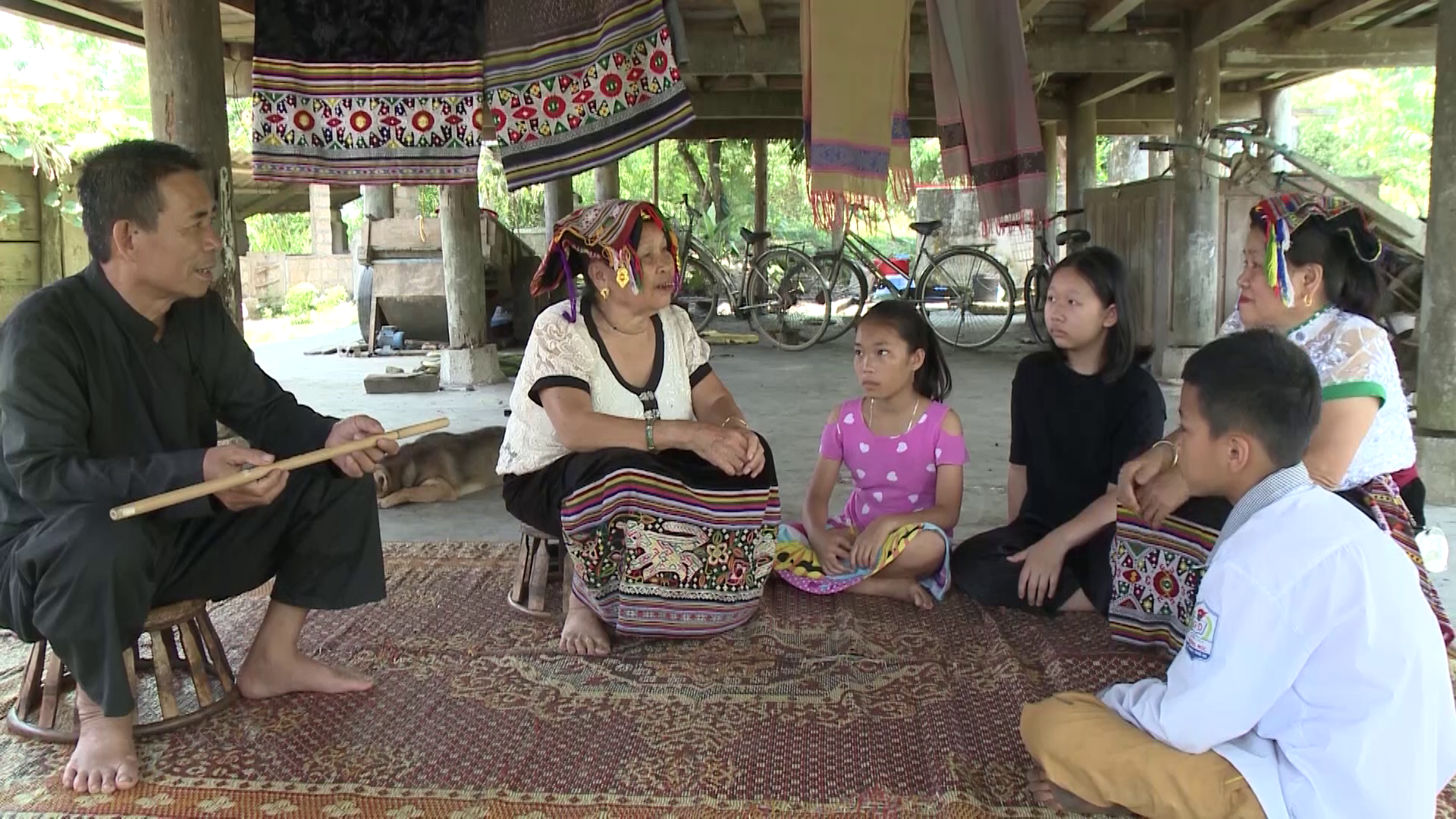






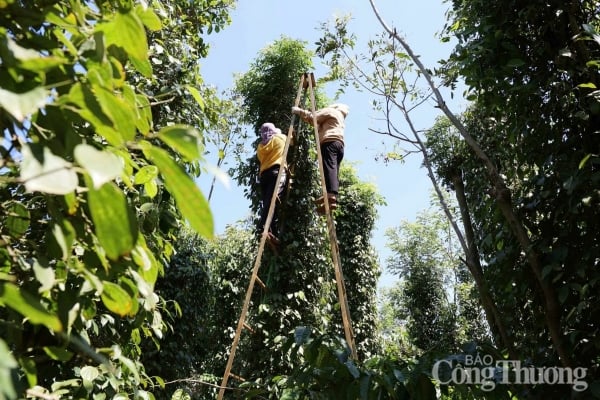









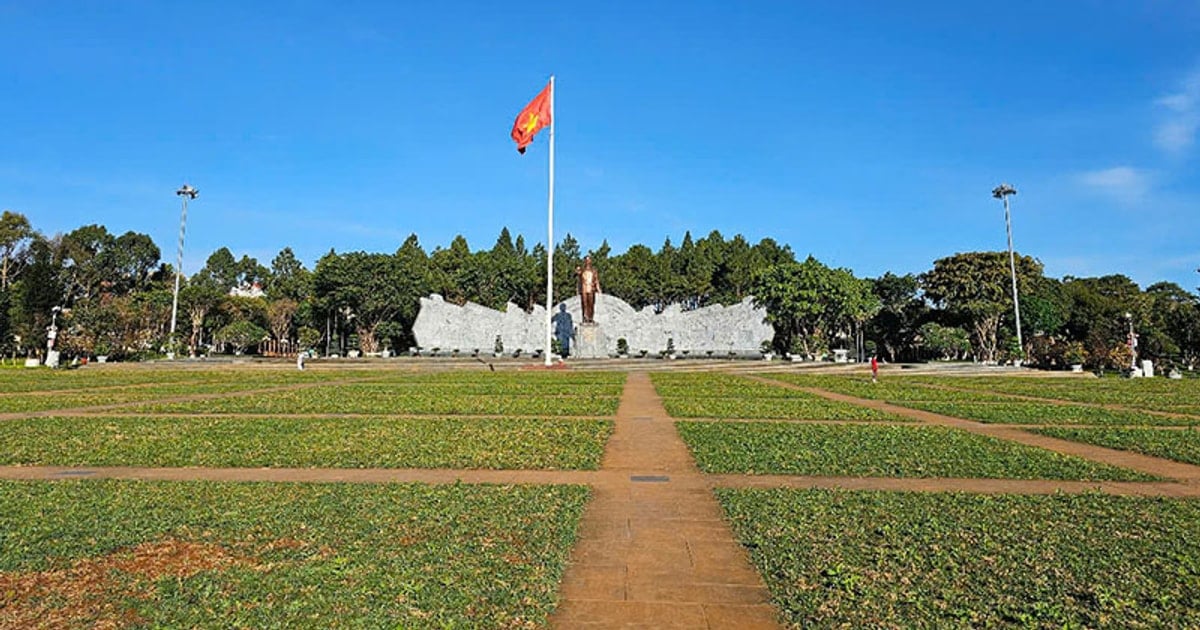



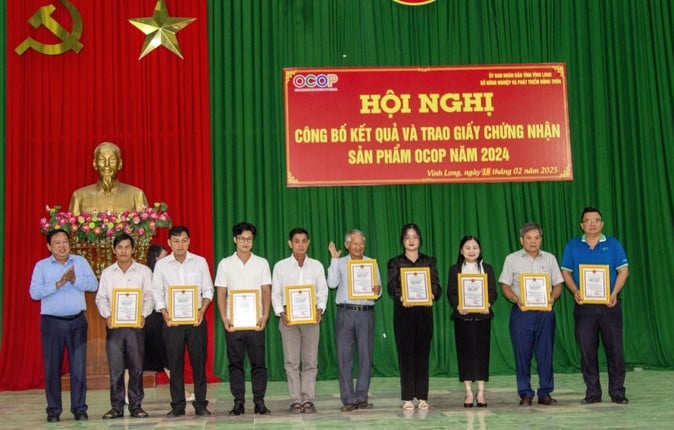









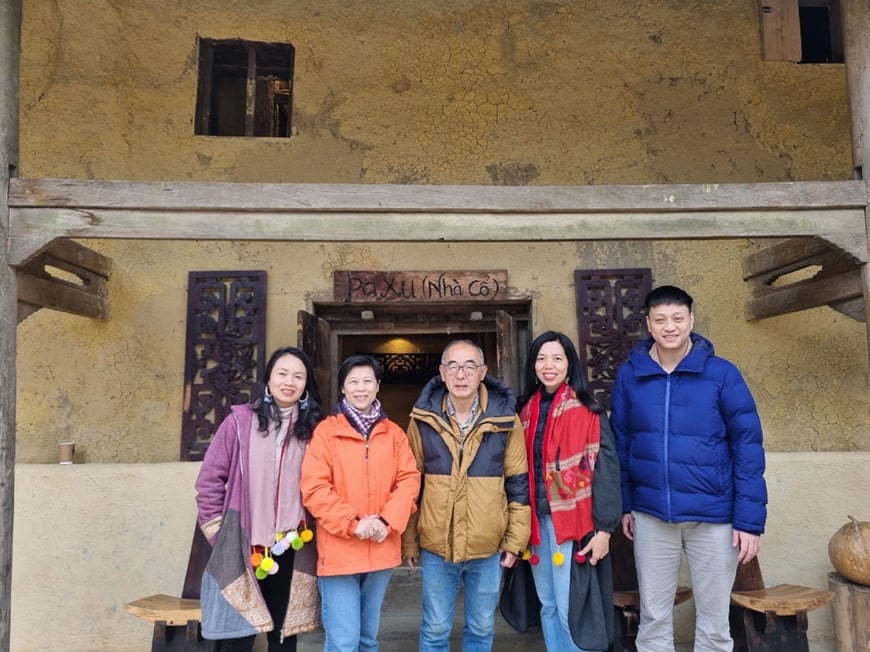



Comment (0)